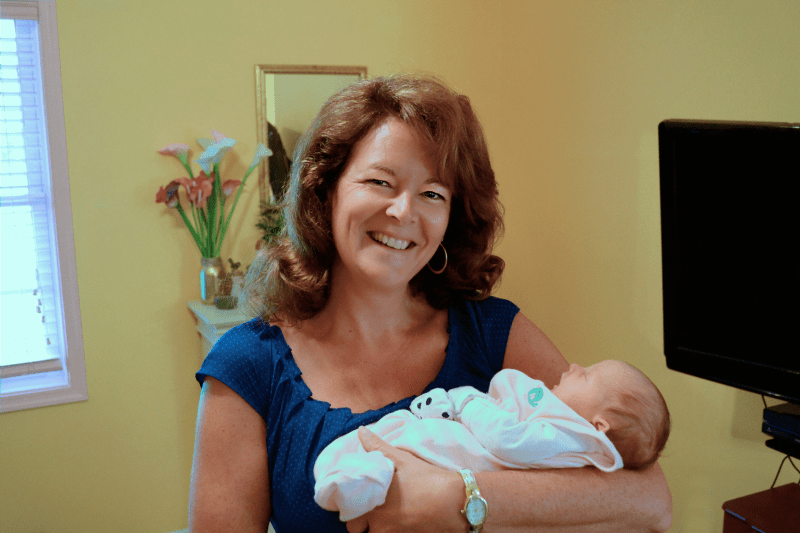IVF Gender Selection Pros and Cons
What is Gender Selection?
It is a process that allows a couple planning a family to decide on the gender or sex of their kid before conception. Sperm selection and IVF with a PGD are the two procedures that are currently available (Pre-implantation Genetic Diagnosis). PGD is a scientific innovation that allows for the genetic analysis of one embryonic cell.
To make sure the egg that will be fertilized is free of genetic flaws, this is done. Parents now have the ability to select which embryos to implant, including the preferred gender, while using IVF. Pre-selecting a child’s gender before conception has been a contentious issue for many years, and many people have voiced their opinions on this fertility technique.Here are some arguments raised by supporters and critics.
Pros Of IVF Gender Selection
1. Ideal Family Composition
Many families hope to have their children in a mix of genders that is specific. With a natural conception, the gender of the child cannot be predicted. Family balancing enables the parents to create the ideal family structure they want.
Having offspring of a particular gender, frequently as firstborns, is more favored in various societies. They may be able to fulfill this wish thanks to PGD without having to subject the mother to many births.
2. Affordability
When a couple naturally conceives a child of one gender, it is normal to see them continue to strive for balance. Large families are frequently the result, which can be expensive to support. Early family balancing will enable the parents to create the family they desire without going overboard too soon. They can better budget for and plan for the requirements of their fewer children. Better access to acceptable housing, food, education, and other costs will result from this.
3. Genetic Screening
It is possible for certain genetic disorders to be passed down down the generations. They not only have the potential to negatively impact the quality of life of those who experience them, but they may also place a heavy financial burden on the family. Some illnesses prevent a person from ever leading a productive life, hence it is unrealistic to expect them to achieve independence. The chance to have embryos checked for genetic diseases is provided by family balance. Some of them, such as Turner syndrome for women and Alport syndrome for men, may be gender-specific.
If a couple is affected by such genetic abnormalities, PGD can help them choose embryos of the other gender for implantation. This will lessen the likelihood that the kid may have one of these genetic abnormalities, improving their quality of life and lowering their risk of developing the related health issues. While this may not promote gender equality per se, it will spare the family the stress of having a kid with potentially serious and lifelong medical issues.

4. Easing Grief
Following the loss of a child, many parents will work to balance their families. They believe that by having a second kid of the same gender, they will feel better and be able to move on. The child is not a precise replacement, but they can help the family cope with their loss and provide them a second chance to raise the child as they would have their lost sibling.
5. Harmony
It might be simpler for parents to love and care for the child when they are able to conceive the child they have always dreamed of having. The fact that the parents did not want a kid of the opposite gender may cause bitterness or other unfavorable emotions. More so if their earlier offspring were all or primarily of a single gender. A newborn and the rest of the family will likely live in a happier and healthier home if you can accept an addition that corrects this imbalance.
Cros Of IVF Gender Selection
1. Moral and Ethical Considerations
Family balancing can be contentious in some cultures and faiths since it is regarded as being unnatural. Many cultures consider it appropriate to leave decisions regarding conception and birth to fate or God. Even when there are positive results, using medical intervention to ensure the delivery of a specific gender can be considered immoral. Such families can therefore become mocked or shunned. For this reason, many parents who choose this course will seek medical care abroad, which enables them to conceal the operations.
Young adults have a harder time finding partners even in civilizations where there is a preference for offspring of a particular sex due to subsequent issues like gender imbalance. This is plain to see in nations like China and India, where female infanticide has resulted in a male-to-female population ratio. This has caused more recent legislation to forbid gender screening in various nations.
2. Cost
Family balancing can assist families in having the number of children they choose, leading to decreased long-term costs of maintaining a family, although the cost of the therapies is frequently rather substantial. IVF and PGD are procedures that are out of reach for the majority of individuals due to their high price tags. Even though it can result in some savings, many people still find it to be an expensive option.
Another drawback is that there is no assurance of successful delivery or implantation. Even after several embryos have been placed in the woman’s uterus, it is not unusual for implantation to fail, or for a subsequent miscarriage or stillbirth to take place. While efforts can help boost the chances of a positive pregnancy result, reproductive matters can sometimes be unpredictable.
3. Regret
While it is hoped that the family would adore their new member, regrets over having undertaken such therapy occasionally surface. A couple could no longer be as pleased with the results, whether it’s due to regret over trying to replace a lost child or later financial difficulties that make them wonder whether they made the right decision in spending so much money. This regret can result in unhappy marriages, divorcing spouses, or even abandoning children. Those who agree with this viewpoint argue that following the natural course of conception will lessen the likelihood of such regrets. For more detailed information about the treatment, you can contact us 24/7. Our advisors will be waiting to answer the questions you have in mind.


